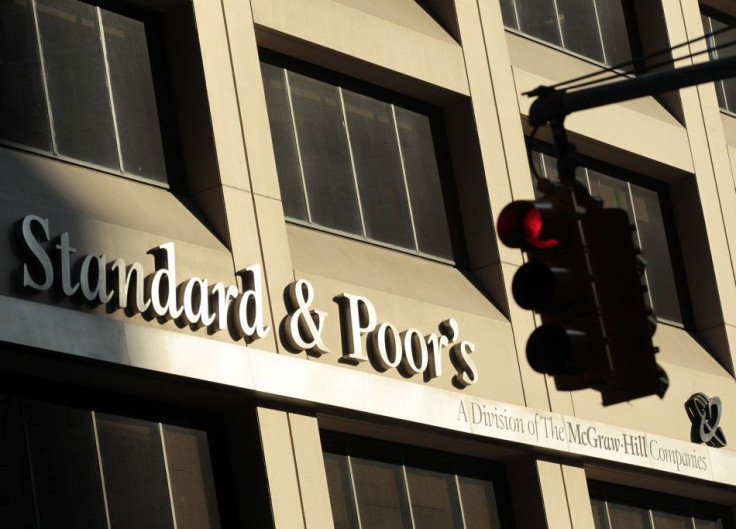S&P Downgrades U.S. Credit Rating to AA+ for the First Time in History: Economic Relapse?

America's credit rating was downgraded for the first time in history. This will likely have dire consequences on mortgage and credit rates, not to mention the unemployment rate, which now stands at 9.1 percent.
The rating was downgraded by Standard & Poor's from AAA to AA+ on Friday.
"The downgrade reflects our opinion that the fiscal consolidation plan that Congress and the Administration recently agreed to falls short of what, in our view, would be necessary to stabilize the government's medium-term debt dynamics," S&P said.
The dramatic move came after two other major rating agencies, Moody's Investor Service and Fitch Ratings, decided to keep the U.S.'s AAA rating.
"If they downgrade the U.S. Treasury, that will be the most significant downgrade in the history of rating agencies," Jim Kessler of non-partisan economic research organization Third Way told ABC News last month.
If they downgrade the U.S. Treasury, mortgage rates will likely rise at least a half point. Businesses will have to increase spending. Costs for borrowed money will increase, and by extension the price of anything not paid for with cash. The interest rate that the government pays on its national debt will also probably rise as a result of the downgrade.
The U.S. Gross National Product, the total value of goods and services produced during one year, will reportedly see a 1 percent decline, leading to a 640,000 decrease in jobs. Also, the risk of relapsing into another recession likely rises significantly.
On Wall Street, profits will likely increase less rapidly or decrease.
© Copyright IBTimes 2025. All rights reserved.



















